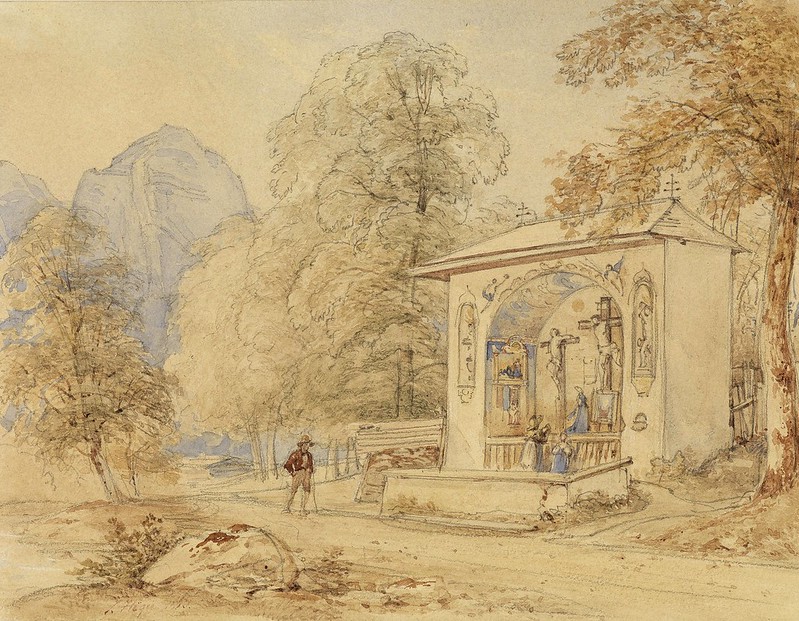Christian Ernst Graf (1723-1804)
- Sinfonia (IV) in C-Dur, œuvre XIV (1776)
Performers: HET Residentie Orkest; Ton Koopman (conductor)
---
Dutch-German composer and organist, brother of Friedrich Hartmann Graf
(1727-1795). Son of the Kapellmeister to the court of the Count of
Schwarzburg- Rudolstadt, Johann Graf (1684-1750), he was trained by his
father as a violinist and keyboardist, later joining the court orchestra
as the former. In 1748 he left for the Netherlands to seek his fortune,
finding employment as the director of the collegium musicum in the city
of Middelburg in 1750. He elevated the quality of the performances to
such an extent that he came to the attention of the Dutch court. During
this period he also published his first work, the Sei Sinfonie Op. 1. In
1754 he moved to The Hague, where he was employed by Princess Anna of
Hannover, later becoming Kapellmeister to William V. In 1782 he
published his treatise Proeve over de Natuur der Harmonie, and in 1790
he retired. Charles Burney noted that he was an educated man who was
cheerful and had a gift for teaching. As a composer, he wrote 62
symphonies, 30 string quartets, 19 trio sonatas, 18 flute quintets, 12
flute quartets, six piano sonatas, six violin sonatas, a host of smaller
chamber pieces, two oratorios, and around 35 Lieder. His style
incorporates Italianate mannerism common to the Mannheim composers,
although his late works, particularly his oratorio from 1802 Der Tod
Jesu is more akin to Joseph Haydn’s late oratorios in his large-scale
setting and unusually dramatic musical language. His Grande Symphonie
Hollandaise is a large-scale work that incorporates a chorus, more an
oratorio than a symphony.




